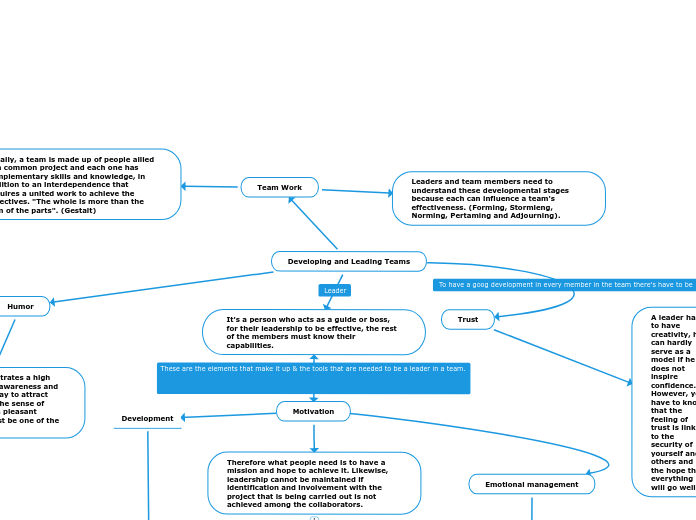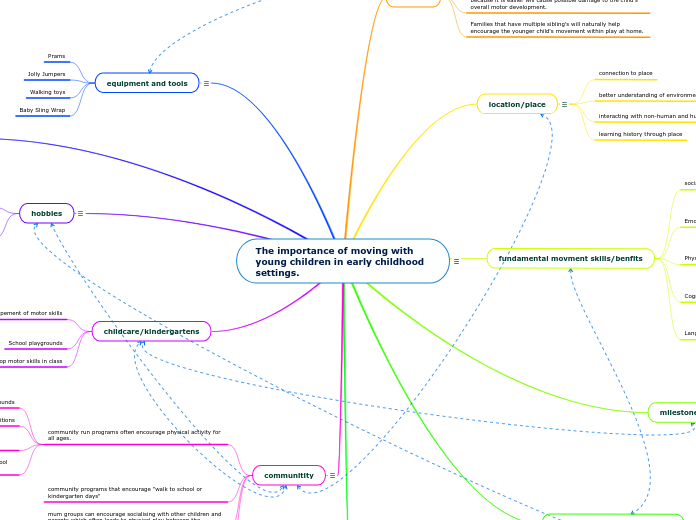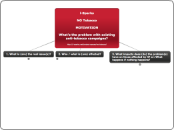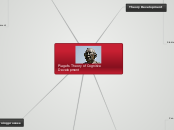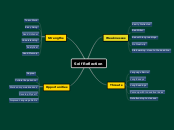Development
Teach people how to carry out a task, don't do it for them, tell your collaborators what you expect of them and reduce their fear of failure. The best thing is to give them the tools they need to be successful and enjoy their work.
Developing and Leading Teams
Team Work
Leaders and team members need to understand these developmental stages because each can influence a team's effectiveness. (Forming, Stormieng, Norming, Pertaming and Adjourning).
Ideally, a team is made up of people allied in a common project and each one has complementary skills and knowledge, in addition to an interdependence that requires a united work to achieve the objectives. "The whole is more than the sum of the parts". (Gestalt)
Humor
The ability to laugh demonstrates a high degree of intelligence, self-awareness and control and is the easiest way to attract other people to your side. The sense of humor and the creation of a pleasant climate or environment must be one of the skills of a good leader.
Trust
A leader has to have creativity, he can hardly serve as a model if he does not inspire confidence. However, you have to know that the feeling of trust is linked to the security of yourself and others and the hope that everything will go well.
It's a person who acts as a guide or boss, for their leadership to be effective, the rest of the members must know their capabilities.
Motivation
Emotional management
Includes identifying, using, understanding and managing one's own emotions and those of others in a correct way. Trying to make the complex simple.
Therefore what people need is to have a mission and hope to achieve it. Likewise, leadership cannot be maintained if identification and involvement with the project that is being carried out is not achieved among the collaborators.
Subtopic
